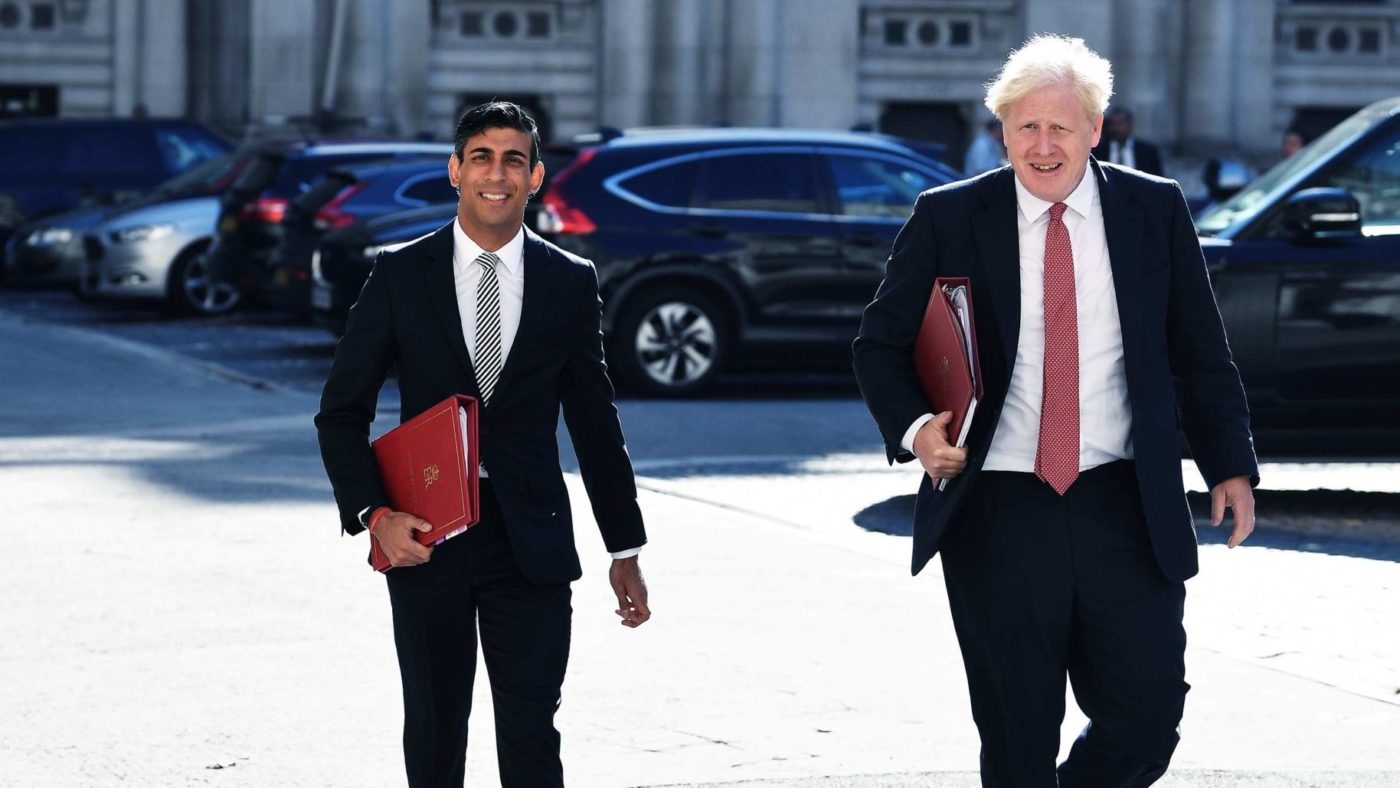Coronavirus, we’re often told, is primarily a risk to the elderly. That might be true in terms of mortality, but when it comes to the costs of dealing with the virus, young people are bearing the brunt.
None of us has been immune from the costs of this crisis, but for those in their late teens this has been a particularly awful year. Fresh from the exam results fiasco, thousands of students find themselves under a sort of house arrest, unable to enjoy their first weeks of university and with the threat of not even being able to go home for Christmas – all to stop a virus which poses very little risk to them.
The situation is particularly egregious in Scotland, where Nicola Sturgeon’s government – never reluctant to flex its muscles – has barred students from visiting pubs or restaurants, while also telling them they can’t go home. Even more galling is the fact undergraduates have been encouraged to take up their places in halls of residence, even though classes are overwhelmingly taking place online.
And yet, ghastly though these short-term impositions are, they are nothing compared to the long-term undermining of younger Britons’ prospects.
For decades, teenagers have been sold the pup that university was by far their best option. Now we see hundreds of thousands of people with degrees that offer them little in terms of job prospects or higher salaries, but who face decades of an effective graduate tax for their trouble. Meanwhile vocational routes to employment have been neglected: it was telling this summer that technical qualifications barely got a mention in the whole algorithm debate.
And it’s this generation who face spending their long working lives paying off the enormous debts we’ve racked up this year, all the while supporting an increasing proportion of non-working older people. And a great many will do so in expensive rented housing – if not at home with their parents – thanks to the failure of politicians of all stripes to reform our planning system.
All of which makes the news that the Government is ploughing on with the state pensions triple lock – by which payments rise by the higher of inflation, average earnings or 2.5% – even more difficult to justify. The Chancellor, Rishi Sunak, wants rid of it: he’s spent most of this year doling out tens of billions to keep the economy on life support, now he’s starting the hugely unenviable task of cutting back to pay for that largesse.
Ever since it came in under the Coalition, the triple lock has been the subject of a game of political chicken, with both main parties too fearful of losing the grey vote to consider reform. One may have a degree of sympathy with the Prime Minister’s argument that he should not renege on manifesto pledges, but this is hardly a garden variety U-turn. It’s not as though the state paying 80% of people’s wages for months on end was in anyone’s manifesto either.
This is not about some kind of intergenerational warfare, so much as basic fairness and fiscal common sense. How can we justify ever-increasing pensions payments when average earnings are predicted to fall 7% this year? Under current arrangements, a post-Covid rebound in wages would mean a surge in state pension payments, even though the working population will only be recovering what was lost in 2020.
Why should those who have suffered the greatest financial hit take on an even greater burden, especially given that older people have seen their incomes rise far more quickly than the rest of the population.
Of course older people deserve security, especially when they have little scope to increase their incomes. Future governments may well see fit to increase the state pension, but – and this is the key point – they should be able to do so with flexibility, not have their hands tied.
Time was that a prime minister urged his team to go away and ‘think the unthinkable’. Thanks to the ravages of coronavirus, the unthinkable has now become the unavoidable: a policy agenda, from planning to pensions, that genuinely prioritises younger people.
Click here to subscribe to our daily briefing – the best pieces from CapX and across the web.
CapX depends on the generosity of its readers. If you value what we do, please consider making a donation.


